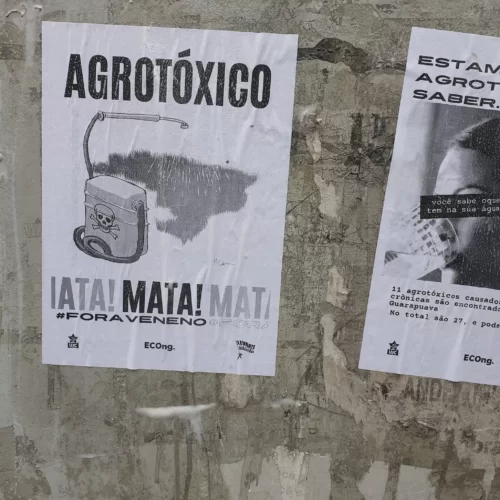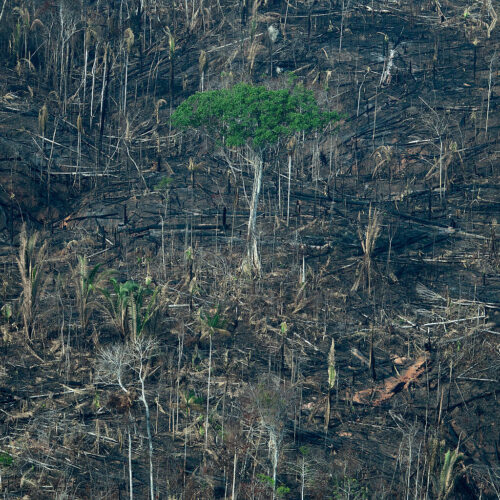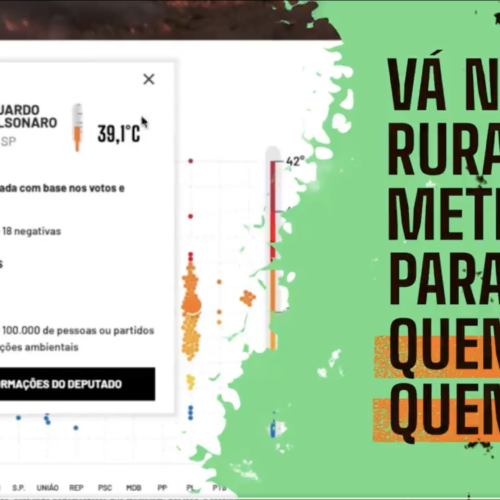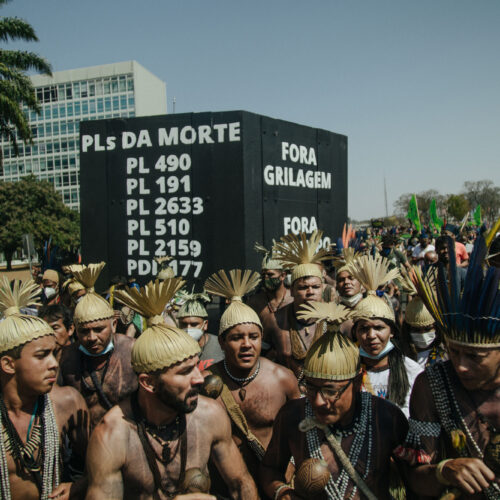The president Luiz Inácio Lula da Silva (PT) was sworn in and took on as president of Brazil on Sunday, January 1st. In his inauguration speech at the National Congress, Lula included several promises and ambitious goals for his government ‘s socio environmental agenda. He said that the goal is to reach zero deforestation in the Amazon and to promote an economic transition that puts Brazil on the path to sustainability.
“No other country has the conditions of Brazil to become an environmental super power based on creative bioeconomy and biodiversity entrepreneurship”, said the president. “We will kick start the energy-ecological transition to more sustainable agribusiness and mining, with a greener industry and a stronger small scale agriculture” (…)”We want to reach zero deforestation in the Amazon and also zero GHG emissions from our energy matrix. We want to recover and use already degraded areas such as pastures. Brazil does not need more deforestation to keep and expand its strategic agriculture frontier”, he added, reassuring that the government will continue to secure farmers the “freedom and opportunity to sow, plant and reap”.
“However we can not admit a “lawless land”, and we won’t tolerate violence against small farmers, deforestation and environmental degradation that caused far too much harm to our country”, he stressed. According to Lula, the need to protect the forest is one of the key reasons for the creation of the Ministry of Indigenous Peoples. “Nobody knows our forests, or is better prepared to stand for them, than those who have been here since immemorial times. Each demarcated indigenous land is a new environmentally protected area”(…) “we bear a historic debt and owe these Brazilians respect; we will revoke all injustices committed against the indigenous peoples”.
The indigenous chief Raoni Metuktire, 90, ancient leader of the Kayapo people, told the press he was happy to be invited by Lula to join him at the inauguration ceremony. Chief Raoni is internationally recognized as a historic defender of indigenous people and was attacked several times by former president Bolsonaro; he was one of seven representatives of Brazilian social diversity to pass on the sash to president Lula at the presidential palace.
“Now, we have approached the government and want the indigenous people to be remembered. I asked Lula to help indigenous people and reminded him of the still non demarcated lands. I hope that the government demarcates the lands to secure peace to indigenous people. To my indigenous relatives, I declare I did my part, took the opportunity to speak to the president and called his attention to us”, affirmed Raoni.
Sources:



















